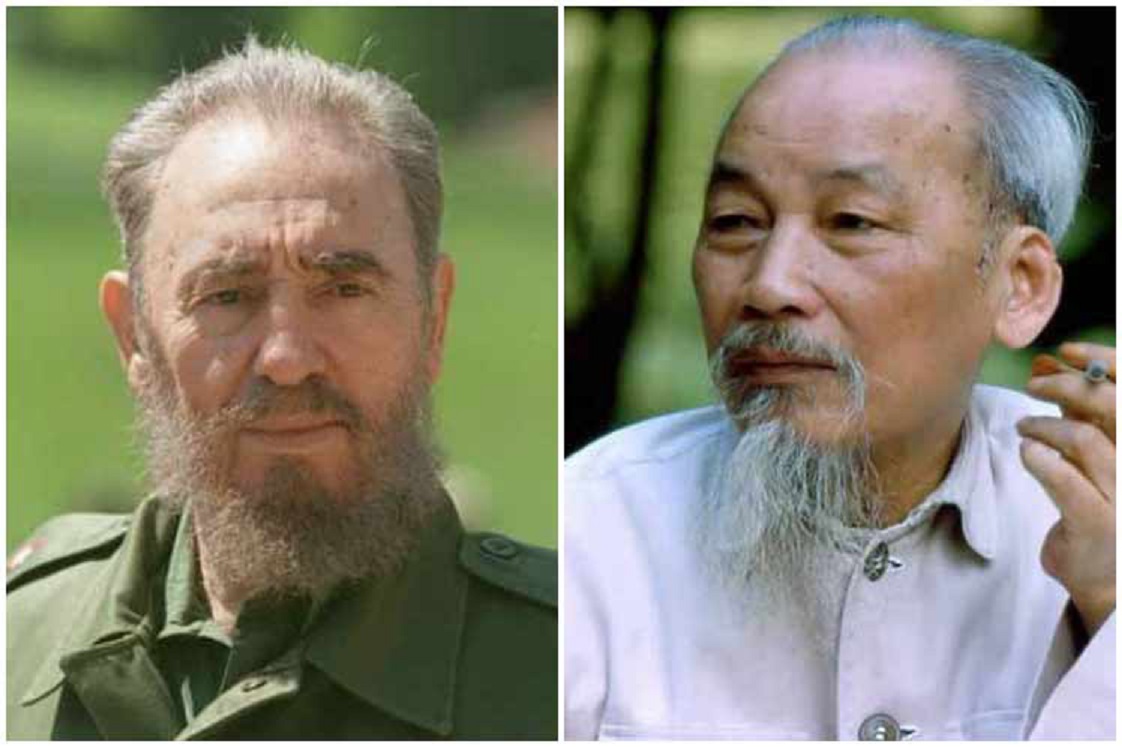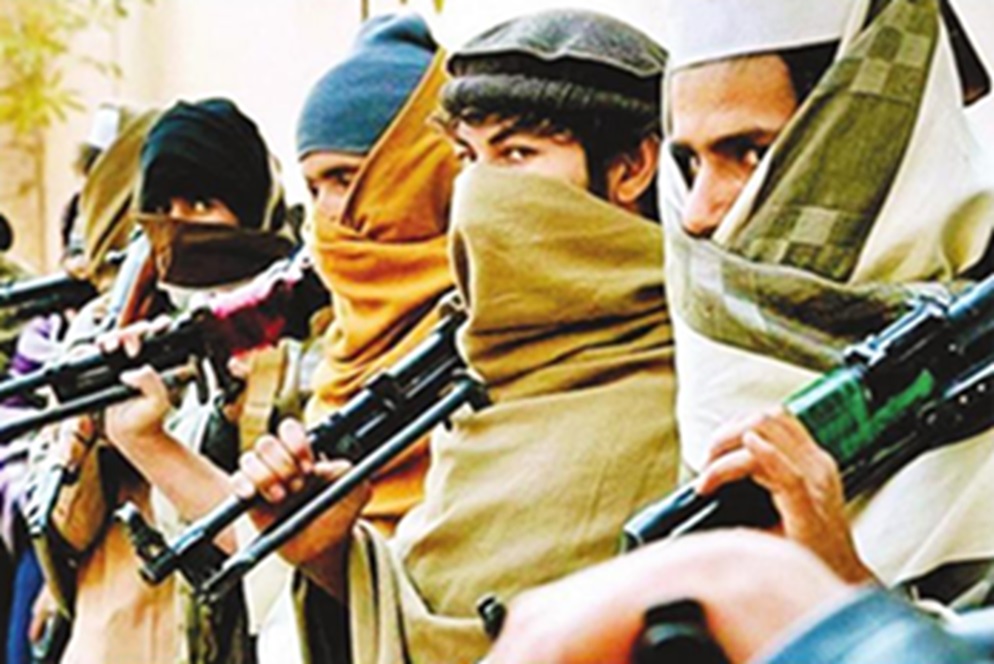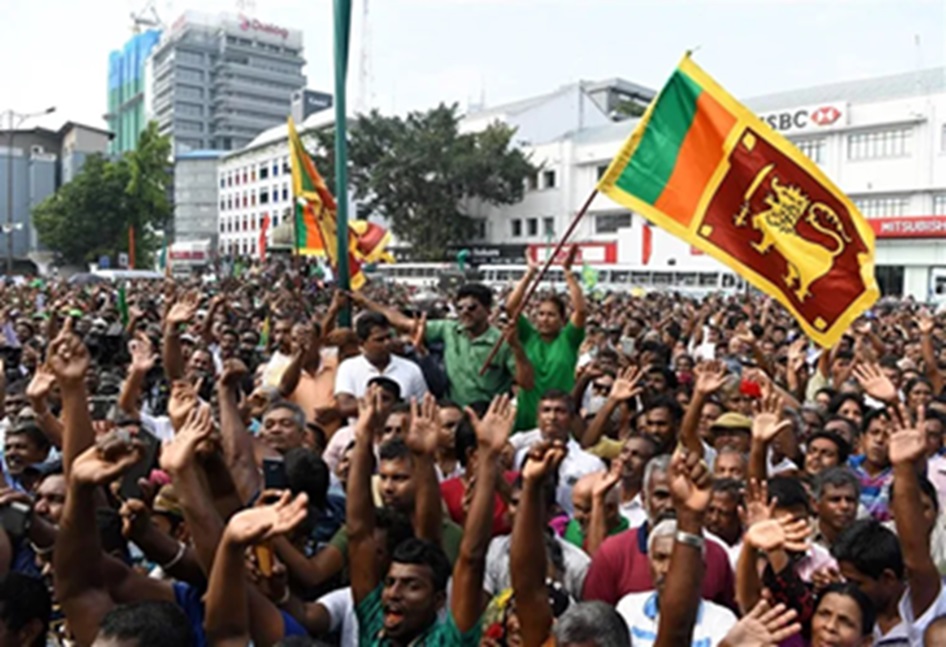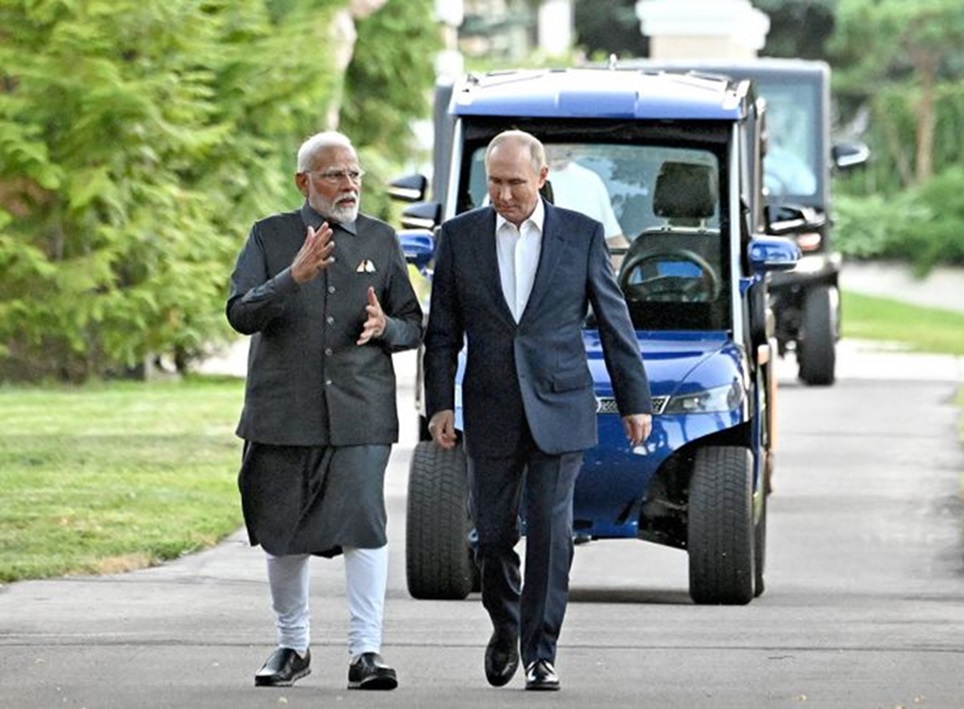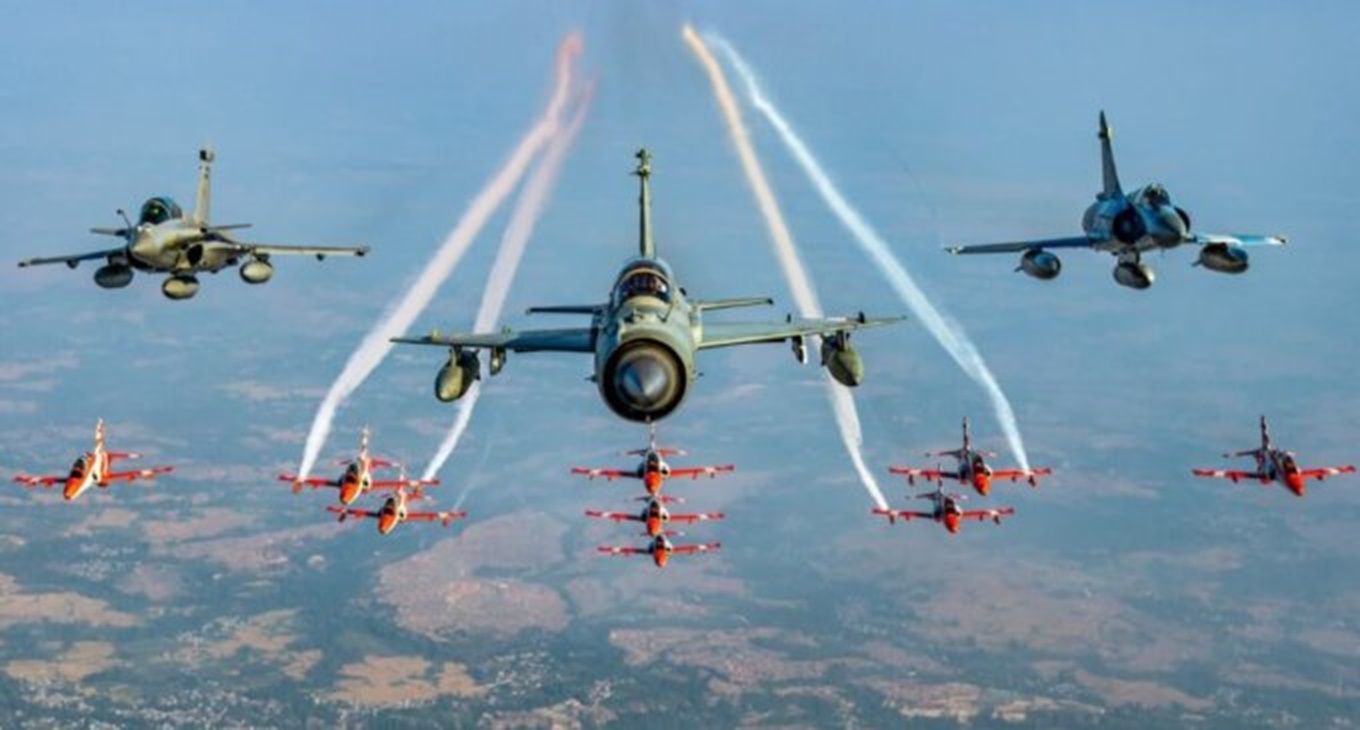Vietnam and Cuba have a special, pure and loyal friendship, which is very rare in international relations.
Leaders of Communist Parties host/meet on a regular basis and promote ‘ideological comity’. They exchange views on ideological issues, governance, legitimacy, and party stability. Geographically far from each other and located in the Western and Eastern hemispheres of the earth, but with a “common Marxist-Leninist orientation”, Vietnam and Cuba have fostered close relations since 2 December 1960.
It is not surprising that National Assembly Chairman Vuong Dinh Hue included Cuba in his itinerary of the Latin American tour from April 18-28. Commenting on his visit to Cuba, the Vietnamese National Assembly leader stated “Overcoming the long geographical distance and all difficulties and challenges, over the past six decades, the special solidarity and loyalty between Vietnam and Cuba have been continuously consolidated and developed in all areas,”
Vietnam and Cuba are also celebrating the 60th founding anniversary of the Cuban Committee for Solidarity with South Vietnam (September 25, 1963-2023), and the 50th anniversary of Cuban leader Fidel Castro Ruz’s first visit to Vietnam and the liberated zone in the South of Vietnam (September 1973). Also, both countries have upheld the “traditional solidarity and special friendship” in the midst of turbulent changes occurring across the globe and have focused on the development and economic well-being of the people.
It merits attention that President Ho Chi Minh and Cuban leader Fidel Castro enjoyed special relations and in September 1973, in support of Vietnam’s national liberation, Fidel Castro was the “first and only foreign leader to visit the southern liberation area of Vietnam when the war was ongoing, bringing a great encouragement to Vietnamese soldiers and people.”
Earlier this year in April 2023, Mr. Roberto Morales Ojeda, the Cuban Communist Party High Delegation, visited Vietnam and conveyed to the people that “For Vietnam we remain willing to give our blood” clearly showcasing the robustness of bilateral relations established by their respective leaders.
Vietnam and Cuba remain committed to catapulting bilateral ties to new heights in different sectors of their relationship. Vietnam’s Doi Moi and Cuba’s socio-economic model have complemented each other on both theoretical and practical levels. Their respective leaders have promoted bilateral economic and trade cooperation and the two-way annual trade, though very low in numbers, has touched between US$ 250-300. It could touch US$ 500 million in 2025.
Vietnam has set up the Vietnam – Cuba Friendship Association, a special organization which has been promoting “friendship, solidarity and peace” with Cuba and its people. The southern province of Ben Tre founded its branch of the Vietnam-Cuba Friendship Association, to mark the 60th anniversary of diplomatic relations between the two countries with the motto of “good neighbourliness, traditional friendship and comprehensive, sustainable and long-term cooperation”. The founding Congress, with a five-year tenure (2020-2025) was held on 26 June and aims to promote “people-to-people diplomatic activities between Ben Tre and Cuban localities” thereby strengthening “bilateral solidarity, friendship and cooperation with the Cuban people through their practical cooperation”.
As a time-tested friend, during the COVID-19 pandemic, Vietnam and Cuba helped each other with vaccines. In July 2020, Vietnam supplied vaccines to Cuba and announced that the two sides would strengthen cooperation in military medicine; In 2021, during the third wave of the pandemic in Vietnam, Cuba announced the export of 10 million doses of the locally developed vaccine Abdala. Perhaps the most important part of this initiative was technology transfer to Vietnam.
Cuba has been undergoing political and economic reforms. In April 2023 Cuba’s National Assembly ratified President Miguel Díaz-Canel for the second term (five years) and is expected to continue efforts to deal with the ongoing economic slump while also prioritizing “country’s defence”.
Another high priority for President Díaz-Canel is improving foreign relations in particular the United States with whom the bilateral relations have been quite tense and marked by sanctions and suspicions. Speaking at the European Union (EU) and the Community of Latin American and Caribbean States (CELAC) summit in July 2023, President Diaz-Canel urged that both sides “ can and must build better, fairer, and more balanced, supportive and cooperative relationships to improve the lives of our peoples”
Vietnam has promoted peace and stability in the world and its policy of being neutral in great power politics is best reflected in the ongoing Russo-Ukrainian War. In 2021, Vietnam urged the United States to rethink its Cuba policy and “ normalize “ relations with Cuba for the “benefit of the two peoples, contributing to peace, stability and development in the region and the world,” This pragmatism by Vietnam is laudable, and Hanoi is in a position to facilitate a constructive dialogue between the United States and Cuba.
Disclaimer: The views and opinions expressed by the author do not necessarily reflect the views of the Government of India and Defence Research and Studies
Title image courtesy: https://www.prensa-latina.cu/

